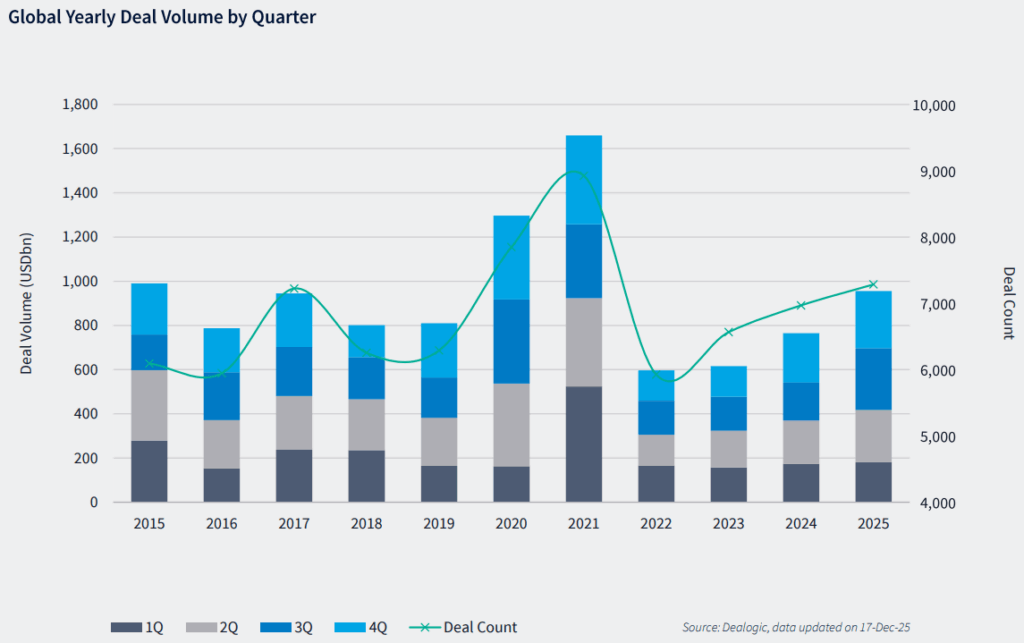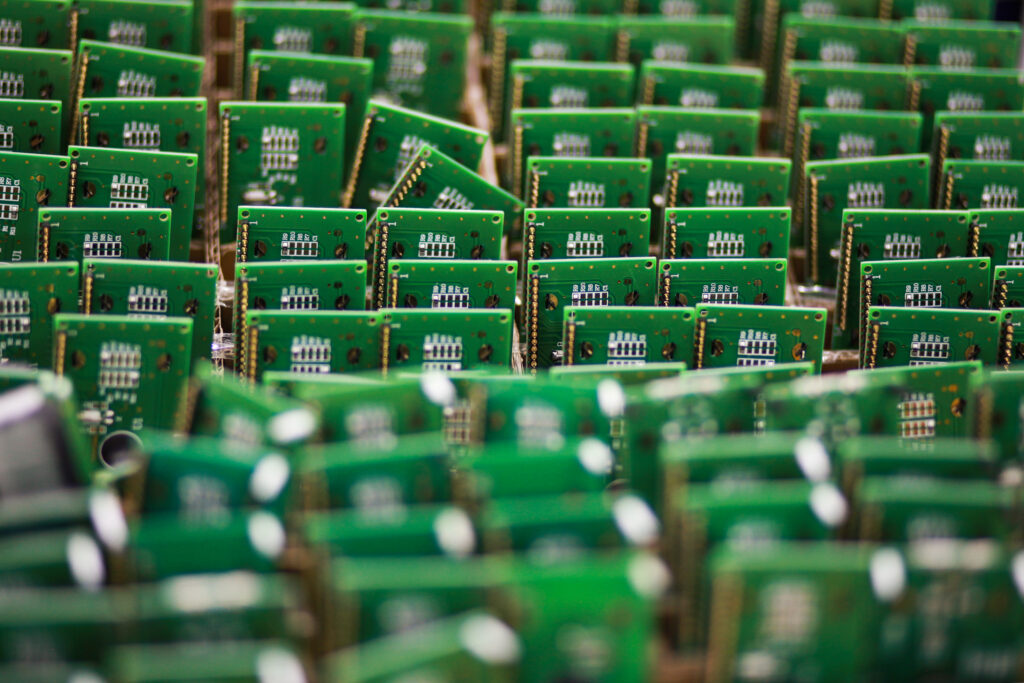IPO sellers, sponsors await Iran response to US strikes as markets tread water – ECM Pulse EMEA
Equity capital markets bullishness was dampened over the weekend when the US struck Iran’s nuclear facilities.
There’s an uneasy, eye-of-the-storm calm to equity markets this morning (Monday 23 June). Indices are broadly flat – even slightly up – and, crucially, oil prices remain stable as markets attempt to digest the impact of the Trump administration’s military action and the range of possible Iranian retaliation.
This feels more a case of investors sitting on their hands, holding on for concrete signals on that Iranian response, rather than genuine optimism.
Iran’s reaction to the US escalation could include strikes against US assets in the region or even the closing of the Strait of Hormuz, a major route for global oil trade – any of these measures could be negative for equities.
Two European ECM bankers with live deals in the market pointed to oil prices as the most important data point for market sentiment and deal activity, given the scope for a broad-based inflationary impact. Below USD 80/bbl and markets can function, above that and equity investors might begin to sell. WTI crude stands at USD 73.94/bbl this morning.
From a European ECM perspective, the weekend’s escalation of tensions in the Middle East comes at a key moment.
There are several live IPOs in the works. Spanish gaming firm Cirsa, owned by Blackstone; German e-retailer Autodoc, minority-backed by Apollo; German med-tech business Brainlab; and Sweden’s Hacksaw Gaming are all in the mix.
Brainlab’s price range was unveiled just this morning.
“We made the decision to push ahead on Sunday night in the hope of no major market moves today and we seem to have made the correct decision,” said an ECM banker close to the deal.
“The market doesn’t seem as reactive to these events as it has been in the past. It’s not a case of ‘Iran escalation and suddenly you can’t go’.”
He conceded geopolitical events feel they have a long way to play out, adding that all equity issuers need to be flexible and reactive to an ever-changing news cycle.
Bull run interrupted?
Several ECM bankers speaking to this news service last week highlighted US escalation in the region as a significant risk factor for what had been a strong run for equity issuance activity.
Source: Dealogic
An ECM investor noted that all IPOs in the market needed to factor in a greater sense of risk among buyers when setting deal prices.
“Everything is getting very tricky, and we have seen how quickly things can escalate which will lead to a risk-off sentiment in the market across whatever sector you are touching and people not wanting to allocate,” the investor said.
“This is particularly true for IPOs. People don’t want to take on new names and be over-exposed if there is a big risk of market volatility. I think everything that is live can get done but you now need to price it very conservatively.”
The investor noted that for deals where books have not yet opened, it might be prudent for issuers to wait, particularly if markets worsen.
“Cirsa is in PDIE [pre-deal investor education] at the moment, and it feels like Blackstone is in no great rush,” added the investor. “It has a few days to analyse things and to see what happens in the region, but it would do the deal no harm if it decided to wait a bit on the back of the escalation.”
Blackstone had already gone some way to derisking the Cirsa IPO the investor noted. The deal is structured as a EUR 400m primary raise, with a EUR 60m secondary tranche.
This is far smaller than some in the market were expecting, with local reports previously speculating on a deal size of EUR 700m-EUR 1bn. Reports last week also point to a market capitalisation of around EUR 2.8bn, below previous reported valuation targets.
“It’s a smaller deal and a more sensible valuation than we had been expecting,” added the investor.
If geopolitics creates a sense of stasis for a while, then block trades might appeal more to some investors, as they cycle into established stocks they already own. There remains a huge demand for European exposure among global asset managers.
Last week, US sponsor Apollo priced a EUR 1.2bn sale of Lottomatica, the entirety of its remaining stake in the Italian gaming business.
As this news service reported at the time, the deal was driven by a single large reverse order, which prompted the sponsor to push for a sale of 21.3% of the business at an incredibly tight price.
The US sponsor was not the only seller active in disposing of listed positions, with a consortium of investors also selling a EUR 333.6m stake in French auto leasing company Ayvens, again after a reverse order, and the Irish government disposing of its final shares in AIB Group.
Bankers, sponsors and issuers will push on with deals where they can, but there is now a new sense of risk hanging over the market that is likely to at least affect pricing levels.
If Iran hits back in a way that disrupts the global oil trade or hits US military or civilian targets, equity capital could shut markets prematurely.












